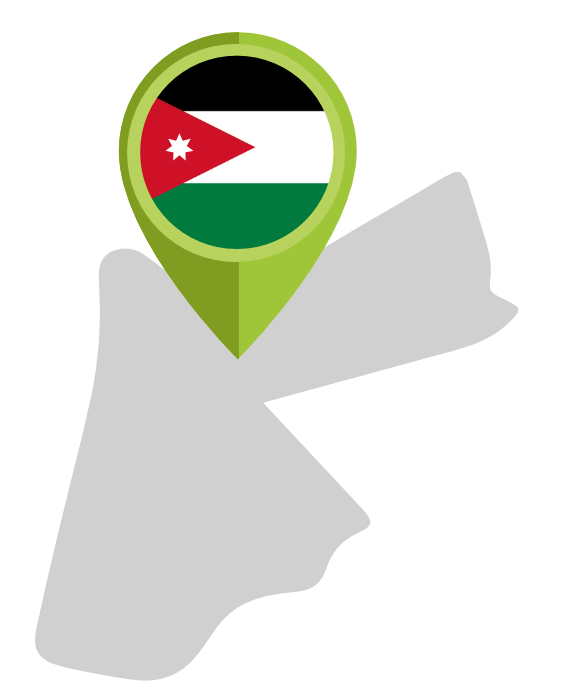France and the United Kingdom split the area up after World War I. This is how the kingdom came to be. In 1946, Jordan became an independent country with its government. It was first called the Hashemite Kingdom of Transjordan. After the Arab-Israeli War of 1948, when the West Bank was taken, Abdullah I was crowned King of Jordan and Palestine.
Jordan is a constitutional monarchy, meaning the king has much power over the government. The 2014 Human Development Report says that the country has high human development and is an emerging market because there are no armed conflicts. Since 2010, relations between Jordan and the European Union have improved, and Jordan is part of the Euro-Mediterranean Free Trade Agreement. In addition, both the Arab League and the Organization for Islamic Cooperation were started by this country.
Jordan is a small country with a small number of natural resources. The government is looking into ways to increase its water supply and better use its existing water, such as working with other countries. Jordan also gets most of its energy from places outside of its borders.
Compared to other countries with similar income levels, education and literacy rates are high. Because Jordan has a reasonably modern education system, it has one of the highest percentages of well-educated and skilled workers in the region in fields like ICT and industry. This has led to a lot of foreign investment in Jordan, which has helped the country send its workers to the Persian Gulf.



